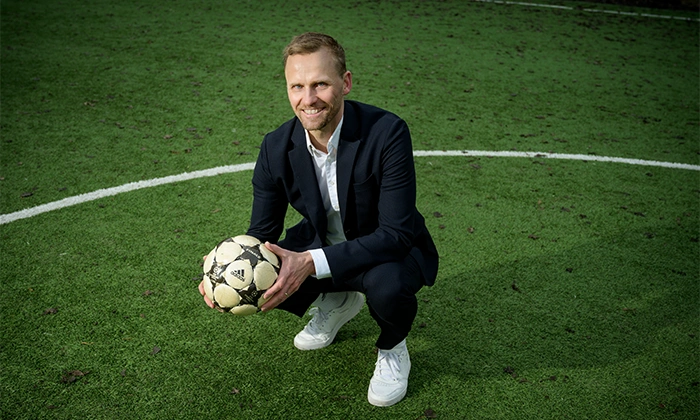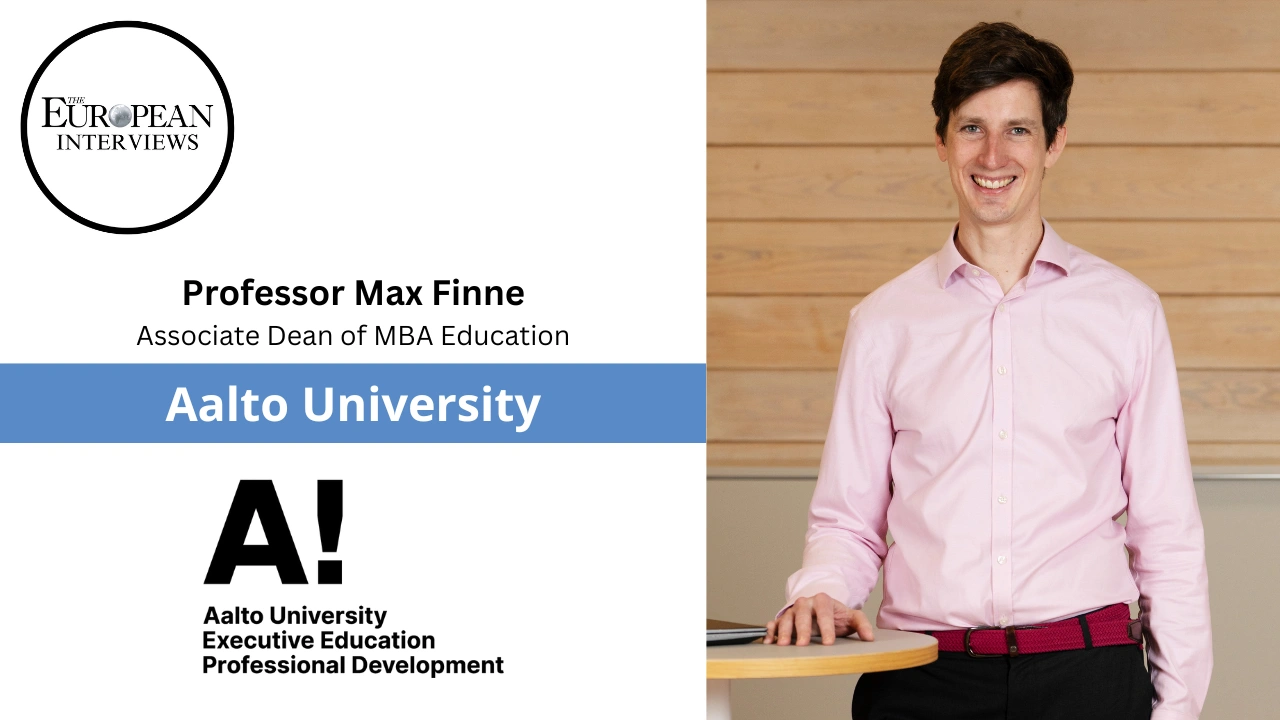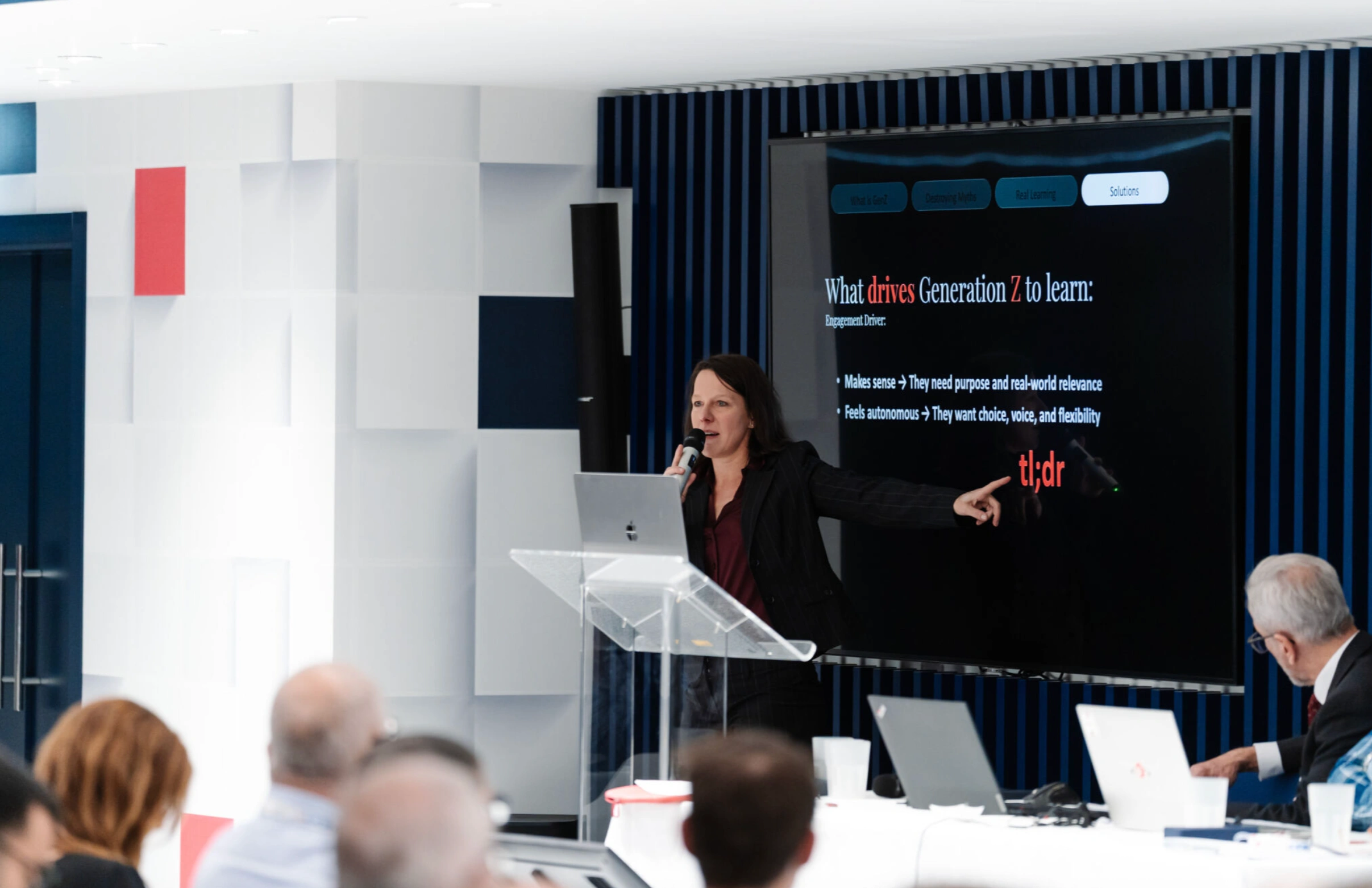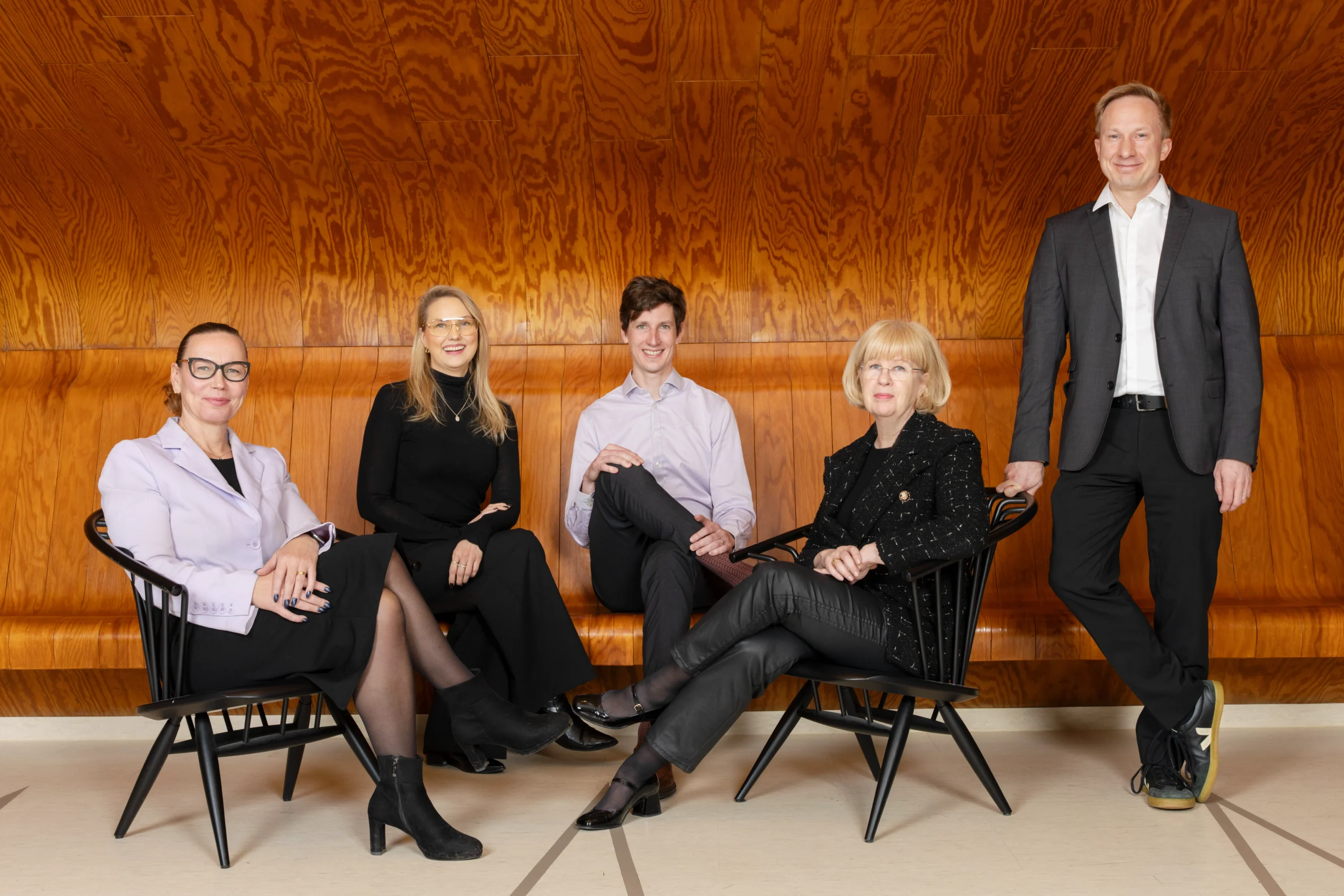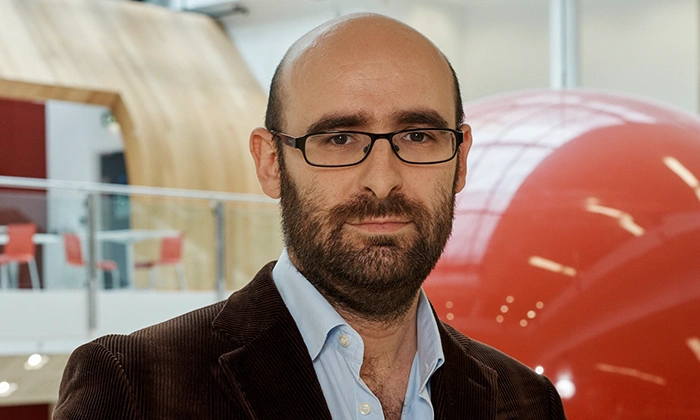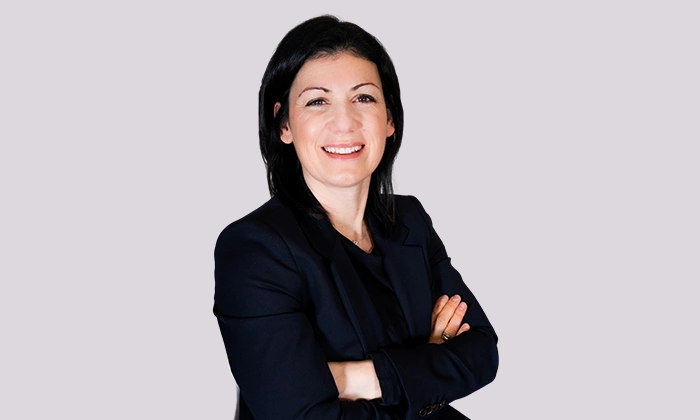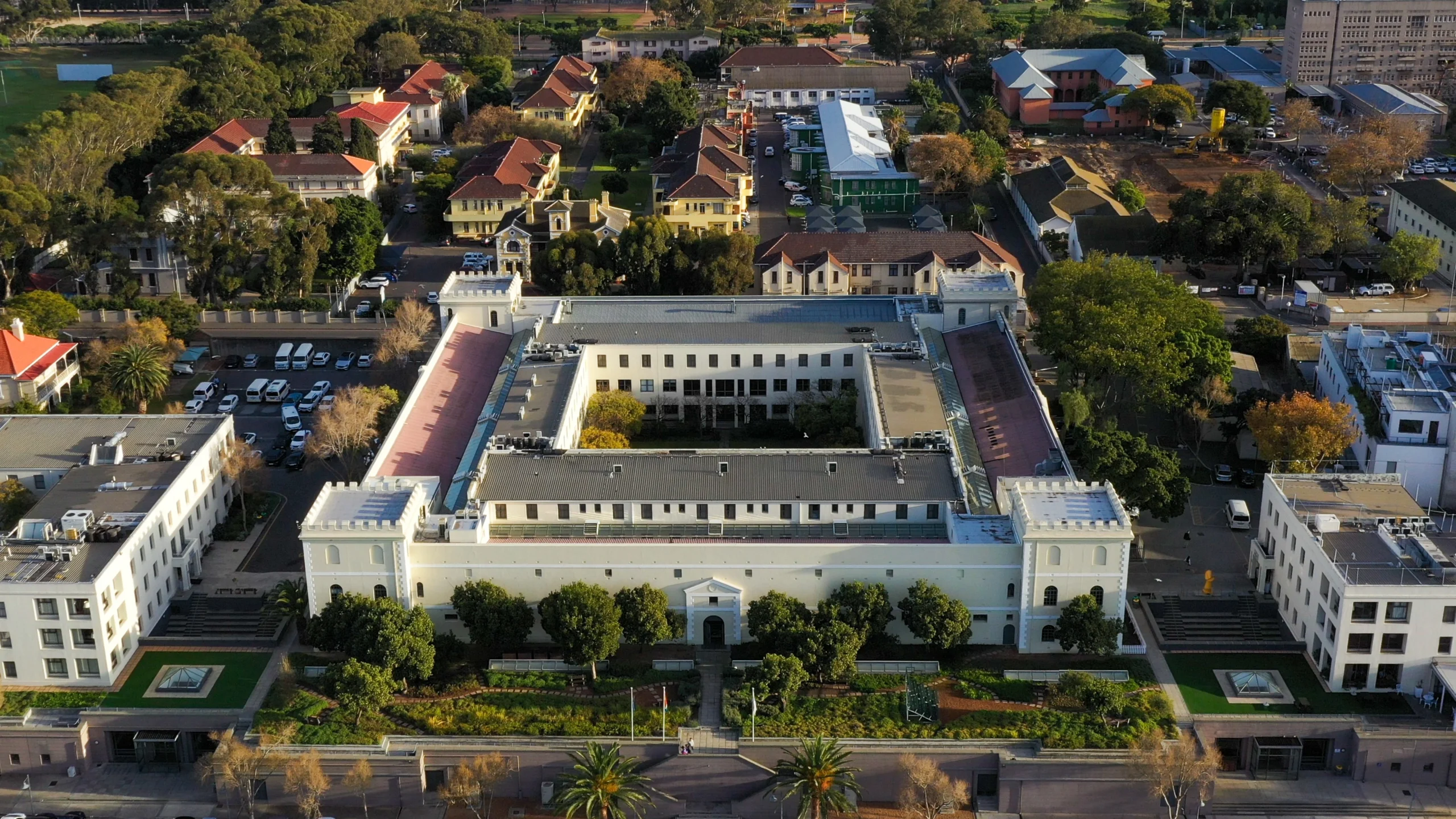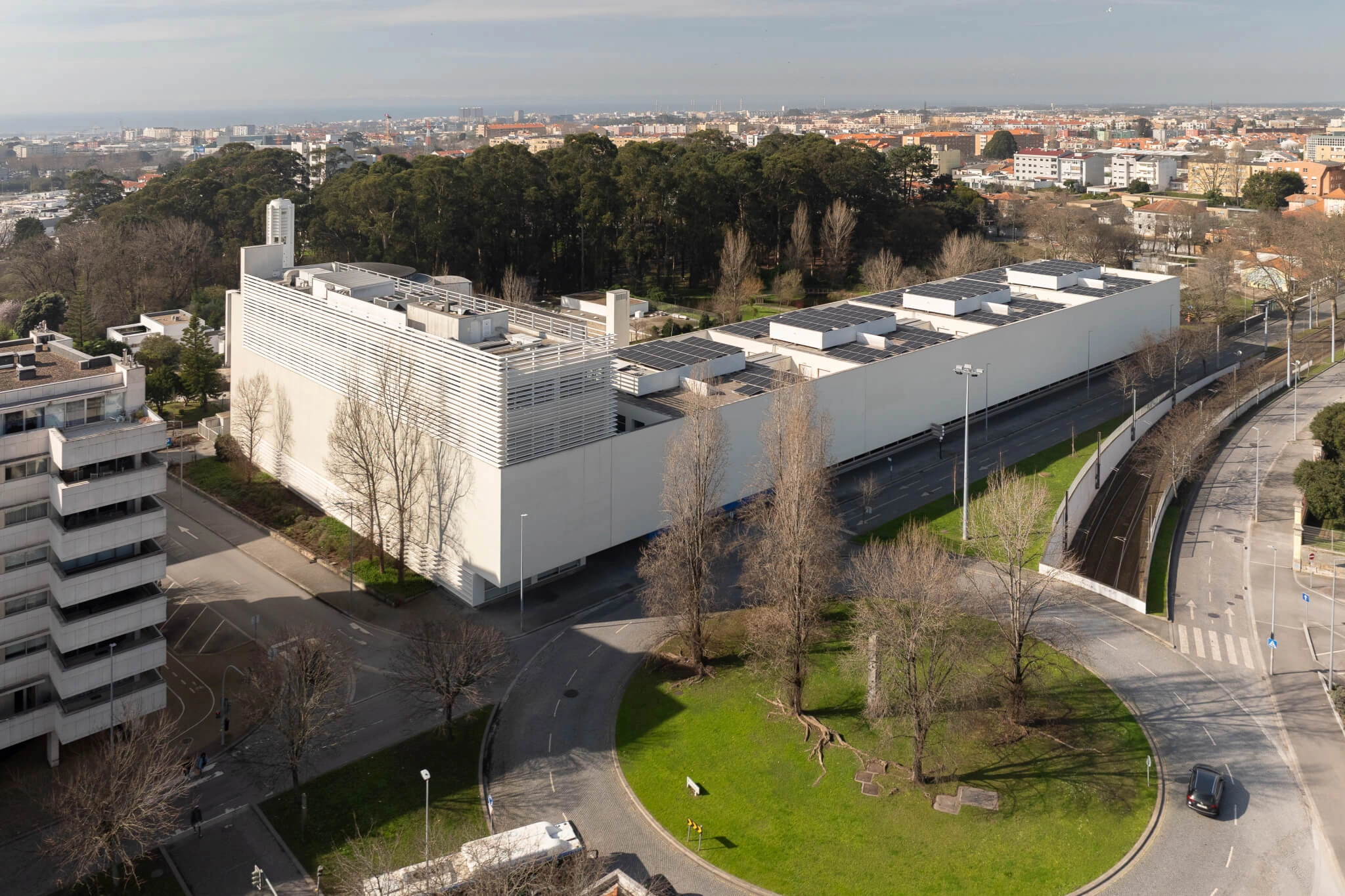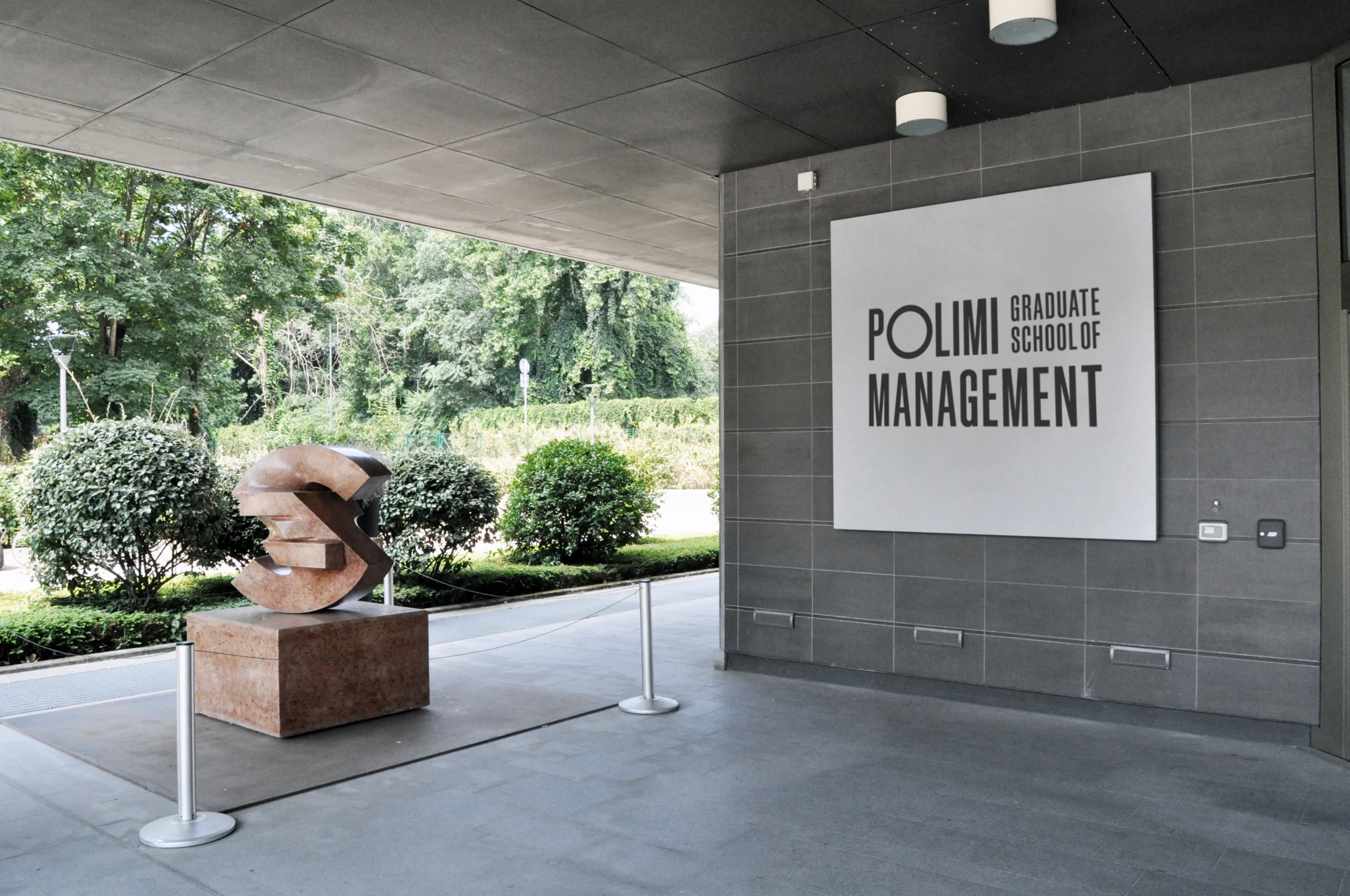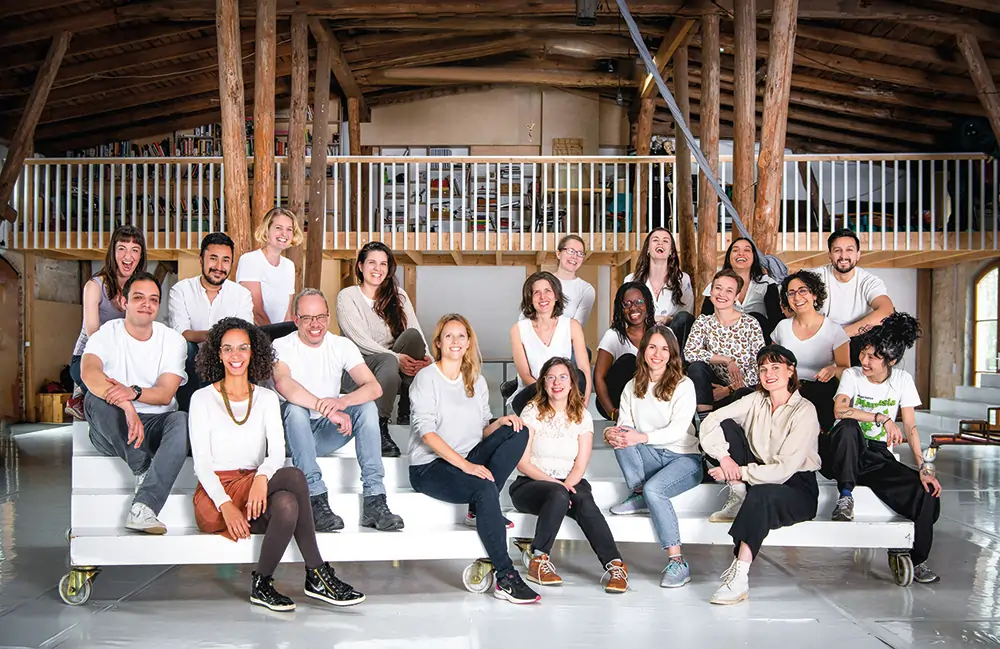The business school for the financial industry

John E. Kaye
- Published
- Executive Education, Home
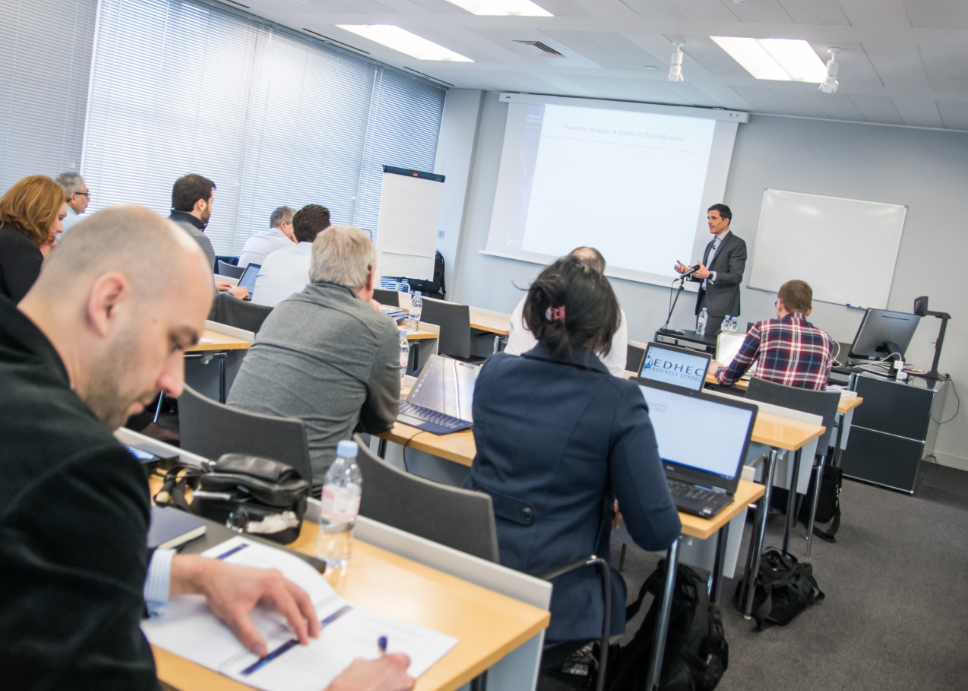
Operating from campuses in Lille, Nice, Paris, London and Singapore, EDHEC is ranked by the Financial Times as one of the world’s top 15 European business schools. EDHEC is fully connected to business on a global scale. This is an institution where teaching and research focuses on innovation in order to stimulate entrepreneurship and creativity.
EDHEC Business School offers a unique PhD in Finance programme to elite practitioners who aspire to reaching higher levels within their professions. It is tailored to those who aim to reshape practices in investment banking, asset management and other crucial sectors of the financial industry.
The European caught up with Nikolaos Tessaromatis, Professor of Finance at EDHEC Business School and Director of EDHEC PhD in Finance programme to find out more.
In what ways does EDHEC Business School seek to uphold its raison d’être Research for Business?
Nikolaos Tessaromatis: EDHEC has always had a singular approach to learning. Our students are trained over the course of their studies to make an impact in their working lives, and hopefully in the wider world. We take the same approach to research – our solutions must make a positive impact on business.
EDHEC Business School has become a key academic institution for the financial industry, a premier academic centre for applied financial research recognised worldwide. Since the creation of the EDHEC-Risk Institute (ERI) in 2001 – a research centre dedicated to asset and risk management – the school has developed academic or industrial partnerships with large and prestigious financial institutions and innovative educational initiatives for individual and institutional investors. ERI has also created two new international entities. EDHEC Infrastructure, supported by Singapore’s monetary authorities, conducts research on the financing and management of infrastructure investments. Scientific Beta designs alternative indices to traditional market for the world’s largest pension funds and sovereign wealth funds. The combination of academic excellence, whether for research or teaching, and the “EDHEC for Business” model are the main reasons behind the success of EDHEC’s PhD and Master’s in finance programmes.
Tell us about the PhD in Finance programme. What makes it stand out from the crowd?
NT: The EDHEC PhD in Finance is an academically rigorous programme tailored specifically to the needs of the finance professional. We share with other top international PhD in Finance programmes the aim of assisting students to become autonomous researchers. We are however unique in that our doctoral programme is one of the few academic programmes which target finance professionals/executives. We at EDHEC understand that doing a PhD on a part-time basis is very challenging, not just academically or intellectually, but also because students have to manage their jobs and family simultaneously. Our experience from running the programme over the last ten years strongly suggests that experienced professionals with a strong academic background are capable of high-quality academic research with potential to make a difference in both academia and practice.
During the first academic year, the programme requires five core courses which provide the theoretical foundations of finance and the quantitative methods for research. Students decide upon a field of specialisation and refine their research project selected according to their interests and professional goals. In their second year, the students enter into their dissertation stage. To guarantee that an idea is original, one must master thoroughly the academic literature and showcase a creative spark. Our students must identify potentially important and interesting gaps in the literature.
Our system of elective courses offered in the second and third academic years makes our programme unique. These electives are given by top scholars amongst the best experts in their field and expose our students to the latest research advancements and recent literature.
How exactly is the programme designed specifically for executives?
NT: Participants are experienced practitioners whilst still working their full-time jobs. The residential requirement of the programme is limited to around 40 days and can be completed in eight residential weeks over three years. Core courses are structured into weekly blocks and elective seminars are offered over three consecutive days in six-day blocks. This gives participants flexibility in scheduling and ease of management of the demands of work, programme, and personal life.
Selecting a dissertation topic that corresponds to areas of professional expertise and reflects actual problems faced by the candidate’s organisation goes a long way toward reducing the programme’s weekly time commitment.
What are the most challenging aspects of the programme?
NT: The programme is rigorous, and extremely demanding. For the students, it requires an exceptional level of commitment in terms of time, concentration, and diligence to fill up the gaps in one’s technical knowledge and to understand the literature.
The most challenging aspect for us is the legitimate request of our candidates to see instantaneously the link between what we teach them and what they do on a day-to-day basis in their job.
Further information
RECENT ARTICLES
-
 Hannu Tihinen on strategy, leadership, and the value of an EMBA
Hannu Tihinen on strategy, leadership, and the value of an EMBA -
 European MBAs adapt to AI as Aalto overhauls executive education
European MBAs adapt to AI as Aalto overhauls executive education -
 From dialogue to action: how emba X prepares leaders for a new era of responsible innovation
From dialogue to action: how emba X prepares leaders for a new era of responsible innovation -
 How Europe can learn faster: turning AI into safer, smarter adult training
How Europe can learn faster: turning AI into safer, smarter adult training -
 Aalto EE launches Aalto Tech EMBA to equip executives for digital transformation
Aalto EE launches Aalto Tech EMBA to equip executives for digital transformation -
 Supply chains are being remade. Leadership must be too
Supply chains are being remade. Leadership must be too -
 Why the real barrier to AI success sits in the boardroom
Why the real barrier to AI success sits in the boardroom -
 ETH Zurich and the University of St.Gallen redefine executive education with emba X, a new model of responsible leadership
ETH Zurich and the University of St.Gallen redefine executive education with emba X, a new model of responsible leadership -
 Why leadership is the strongest defence in South Africa’s schools
Why leadership is the strongest defence in South Africa’s schools -
 Porto Business School launches executive programme on AI strategy
Porto Business School launches executive programme on AI strategy -
 POLIMI Graduate School of Management strengthens global reputation in MBA and master’s rankings
POLIMI Graduate School of Management strengthens global reputation in MBA and master’s rankings -
 Trinity Business School strengthens standing in global MBA rankings
Trinity Business School strengthens standing in global MBA rankings -
 Meet the class of 2025… and their children. Why mid-life university learning is on the rise
Meet the class of 2025… and their children. Why mid-life university learning is on the rise -
 University of Michigan launches executive programme for chief data and AI officers
University of Michigan launches executive programme for chief data and AI officers -
 International education: A vision for global citizens
International education: A vision for global citizens -
 How to create lasting social change? Build a community
How to create lasting social change? Build a community -
 Tomorrow’s world needs Dyslexic Thinking
Tomorrow’s world needs Dyslexic Thinking -
 Why family therapy is the best investment you can ever make
Why family therapy is the best investment you can ever make -
 How EQ can give us the edge over AI
How EQ can give us the edge over AI -
 A true root and branch approach
A true root and branch approach -
 It's fine to say you're not ok
It's fine to say you're not ok -
 Are you willing to change with your organisation?
Are you willing to change with your organisation? -
 Emerging markets: Online learning for women unlocks economic potential
Emerging markets: Online learning for women unlocks economic potential -
 A programme of urgent importance
A programme of urgent importance -
 Why progress is not parity
Why progress is not parity

